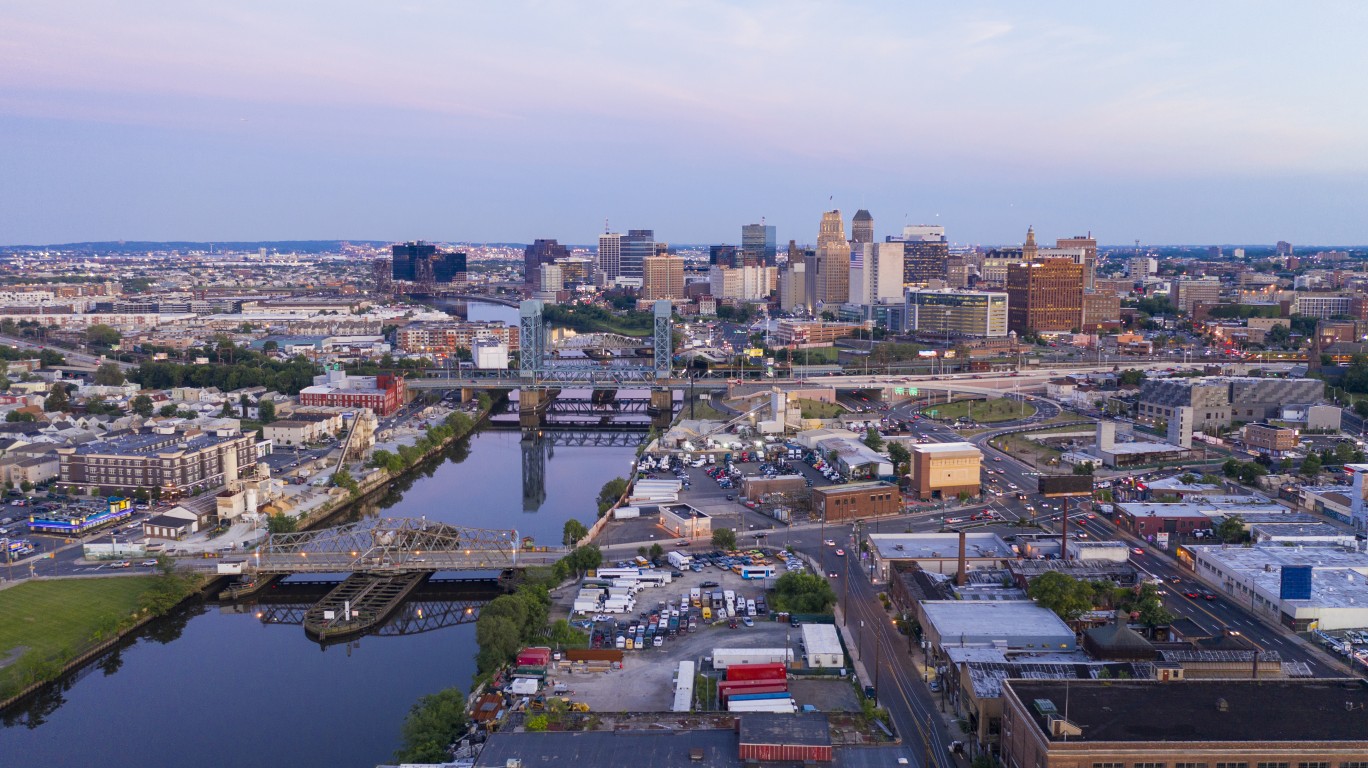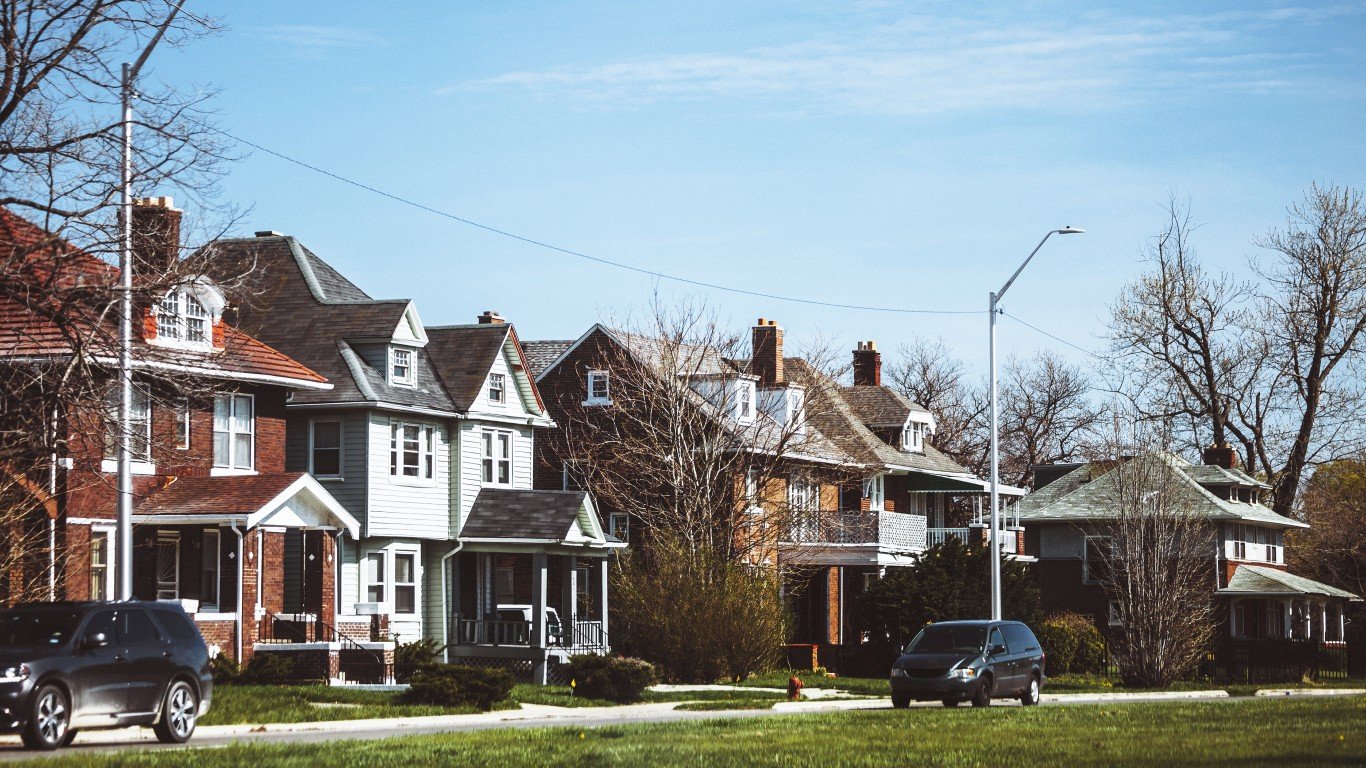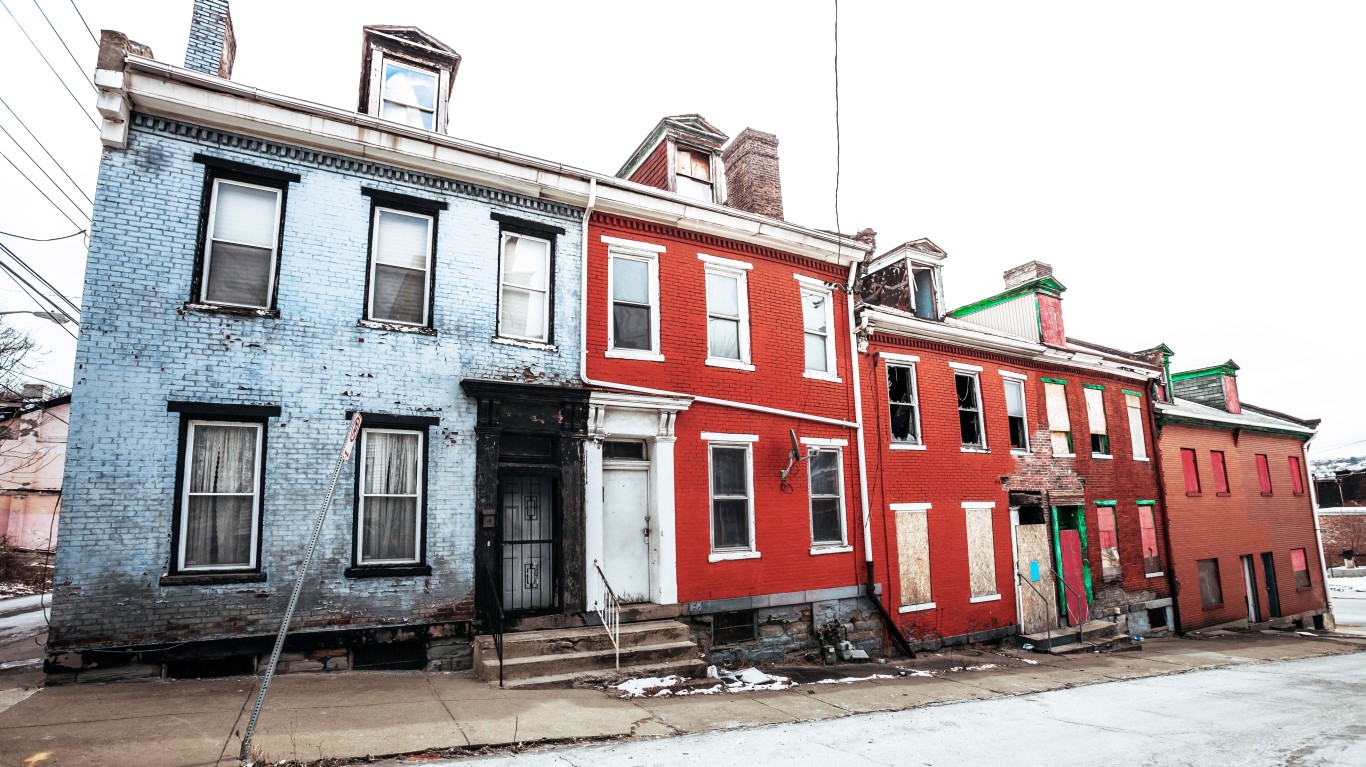 Some 24% of the homes sold in the U.S. during the fourth quarter were in some stage of foreclosure, according to Realtytrac. The firm’s 2011 U.S. Foreclosure Sales Report also reported that:
Some 24% of the homes sold in the U.S. during the fourth quarter were in some stage of foreclosure, according to Realtytrac. The firm’s 2011 U.S. Foreclosure Sales Report also reported that:
The average price of a foreclosure-related sale was 29 percent below the average price of a non-foreclosure sale during the quarter.
That is hardly good news for people who own homes in the same or adjoining neighborhoods to these houses. The discounts drive buyer expectations of lower prices in the surrounding areas. And the situation is not expected to improve through this year, which would tend to drive the prices of many homes down further as more bank-owned homes reach the market and are sold at relatively low prices so that the banks can clear inventory.
As is true with all news about the housing markets, the Realtytrac data shows the extent to which all real estate problems are local. Banks have adopted programs in many areas to sell homes before the foreclosure process is finished. Most sales in the past were done once the foreclosure process was finished. But Brandon Moore, chief executive officer of RealtyTrac, points out that:
Nationally, pre-foreclosure sales increased 15 percent from a year ago while REO sales decreased 12 percent. Pre-foreclosure sales outnumbered REO sales in several bellwether markets, including Los Angeles, Miami and Phoenix, where REO sales had outnumbered pre-foreclosure sales a year ago. That trend will likely show up in more local markets in 2012 as lenders recognize short sales as a better option for many of their non-performing loans.
The banks, it appears, are willing to put balance sheet repairs ahead of a recovery of the housing market, even though they hold millions of homes themselves. The sales of homes held by banks has become so much a part of the real estate inventory that house prices overall likely will be badly damaged in some markets. The trend has progressed far enough that in some cities the prices of bank-owned homes is more than 50% lower than the overall market. In Milwaukee, Chicago, Philadelphia and Boston, the average discount to market on REO sales in the fourth quarter was more than 50%. In four other markets — Atlanta, Des Moines, Cincinnati and Seattle, the discount from market for REO sales was above 40% in the fourth quarter of 2011.
The housing market cannot recover, particularly in places like Chicago and Boston, when the practice of banks is to unload homes as rapidly as possible. Banks own millions of these homes, and the “shadow inventory”of houses they own — those that have not come onto the open real estate market — is estimated to be as high as 2 million.
A market awash in cheap homes is a market in which it will take years for home prices to recover. And a lot of local markets fall into this category.
Douglas A. McIntyre
Sponsored: Attention Savvy Investors: Speak to 3 Financial Experts – FREE
Ever wanted an extra set of eyes on an investment you’re considering? Now you can speak with up to 3 financial experts in your area for FREE. By simply
clicking here you can begin to match with financial professionals who can help guide you through the financial decisions you’re making. And the best part? The first conversation with them is free.
Click here to match with up to 3 financial pros who would be excited to help you make financial decisions.
Thank you for reading! Have some feedback for us?
Contact the 24/7 Wall St. editorial team.



